The Summer Games will officially open on August 5 in Rio de Janeiro, Brazil, and will wrap-up on August 21, becoming the first time the Games have been hosted in South America. Global News takes a look at some interesting facts about the modern Olympics.

1: Summer Olympics during the winter?
The Rio Olympics marks the first time the Summer Games are hosted in a country during the winter season. Typically, winter in Brazil lasts from June to the end of August. The Sydney 2000 Summer Games were hosted at the tail end of the Australian winter, as the Games kicked off on September 15.
2: Hosting events 6 months before the Games begin
Speaking of Australia, the 1956 Summer Olympics were held in Melbourne and in Stockholm, Sweden. Due to Australia’s strict animal quarantine laws, the Games’ equestrian events were held nearly six months early in the Swedish city.
3: First modern Olympic Games
Frenchman Pierre de Coubertin was credited with dreaming up the modern Olympic Games and found the International Olympic Committee in 1894. Four years later, the modern Games were hosted in Athens, Greece, the birthplace of the Olympics.
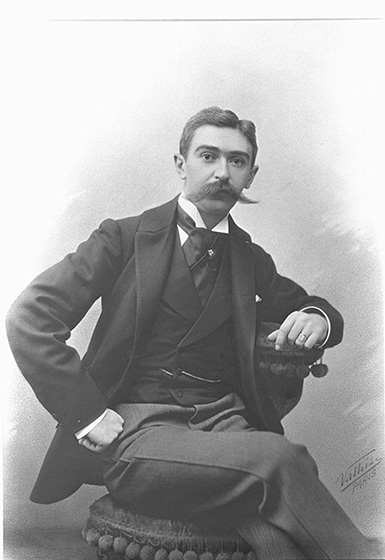
4: First modern champion
On April 6, 1896, American James Connolly became the first modern Olympic champion after winning the triple jump. A total of 241 athletes from 14 countries participated in 43 events.
5: Women make Olympic debut

Get daily National news
Women made their Olympic debut during the 1900 Sumer Games in France in golf and tennis events. However, according to Olympic.org, the first women to make an appearance were Mme. Filleaul Brohy and Mlle. Marie Ohnier during the croquet event.
6: Photo finish!
The 1912 Stockholm Games featured many modern Olympic firsts. Women swimming events made its debut and the first use of photo-finish technology was used as well as the first public address system. The Games also hosted its first art and literature competition.
7: The parade of flags
The 1908 Olympic Games in London featured the first time athletes were decked out in sportswear and paraded behind their country’s flag during the opening ceremony.
8: First doping tests
During the 1968 Games in Mexico, the International Olympic Committee conducted its first doping tests on event winners for narcotics and stimulants. A total of 667 tests were conducted during the Games, resulting in one positive result. Sweden’s modern pentathlete Hans-Gunnar Liljenwall tested positive for alcohol, costing him a bronze medal. The athlete allegedly slammed two beers before taking part in the pistol shooting portion of the event to calm his nerves.

9: Fair Play award
During the 1964 Tokyo Games, Swedish sailing brothers Lars Gunnar Käll and Stig Lennart Käll gave up a potential medal to rescue two fellow competitors from a capsized boat. The Swedes were in third place when they saw their Australian competitors’ boat had capsized. The pair changed course to scoop the Australians out of the water and on to their boat. The now-foursome finished the race, coming in 12th place. The brothers’ were awarded the first official Fair Play award for their show of sportsmanship during the Games. The award is still handed out today.
10: Figure skating at the Summer Games
That’s right; the 1908 London Summer Olympics featured a sport typically thought to be a winter event. Men and women competed in figure skating in both singles and pairs events. Ice hockey made its first appearance during the 1920 Antwerp Olympic Games.
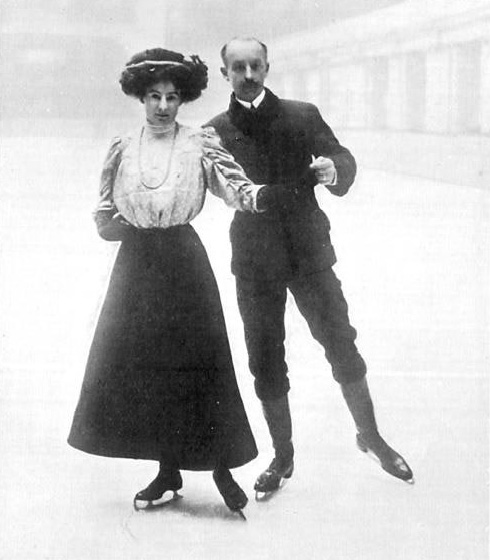
11: Let the Winter Games begin!
The Olympic Winter Games made its debut in 1924 in Chamonix, France. Athletes competed in 16 events in six different sports. Team Canada dominated in the ice hockey tournament by scoring a total of 122 goals and only allowing three against them.
Sources: Olympic.org, The Olympians.co, Olympic-Museum.de


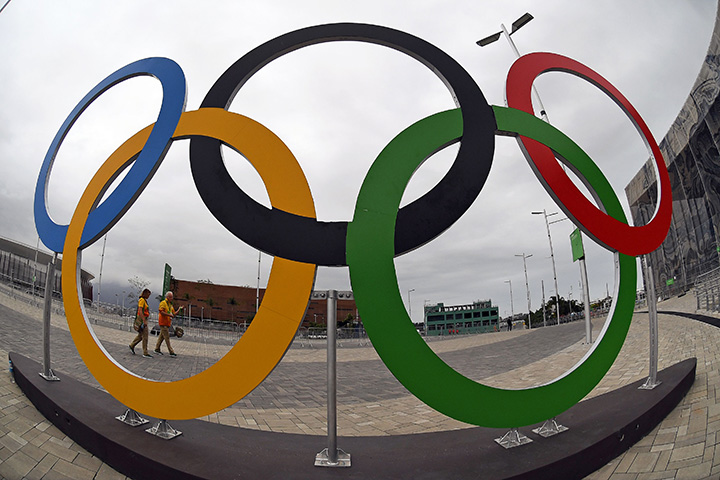


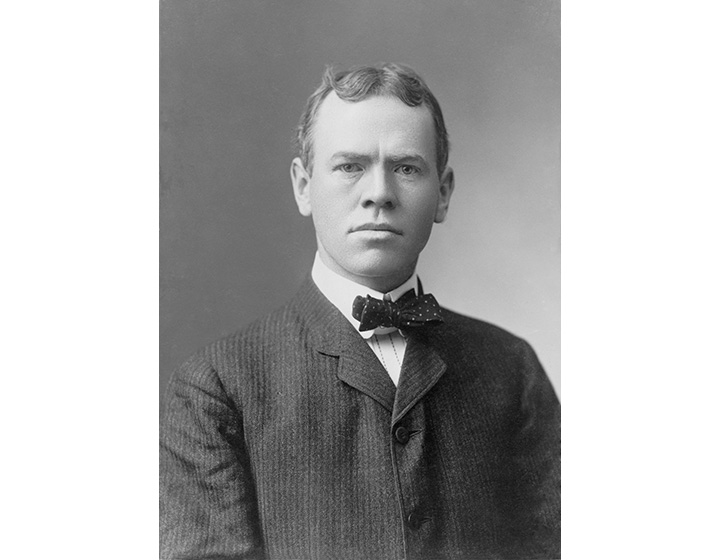
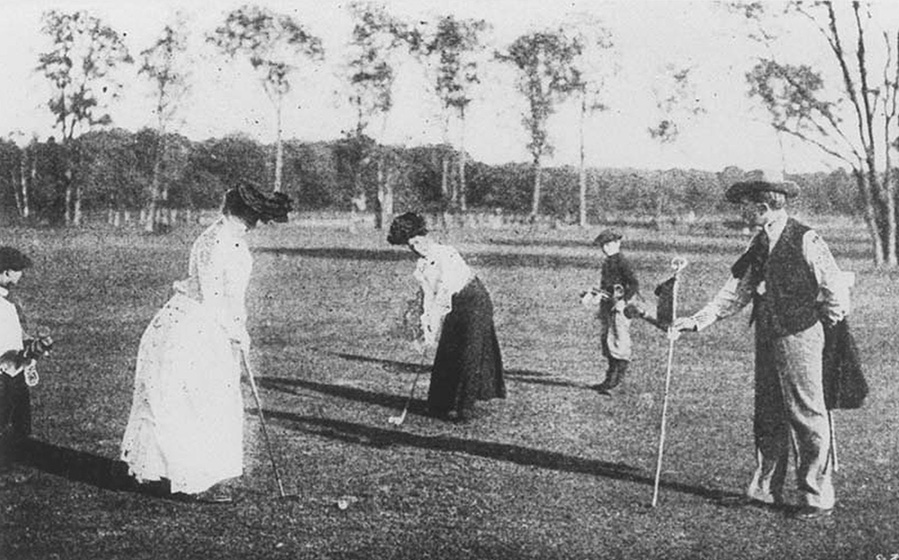
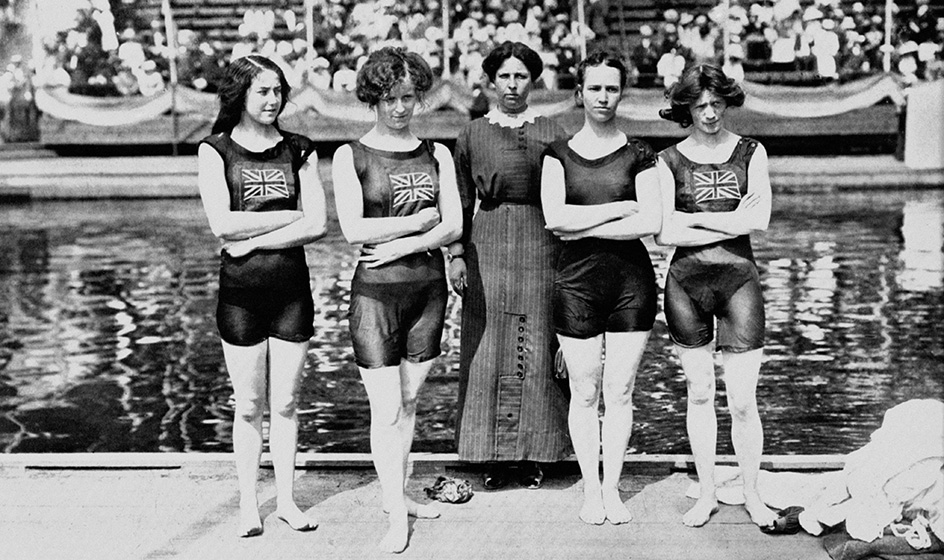
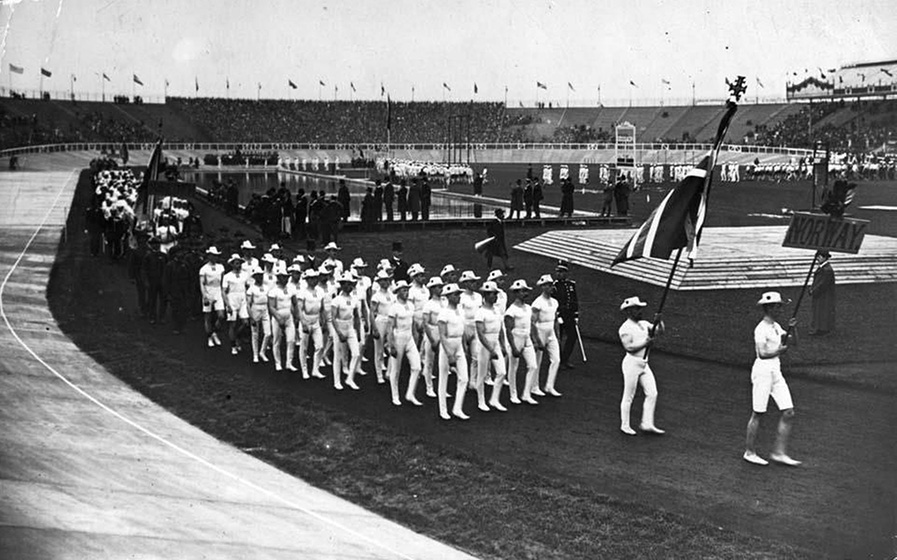


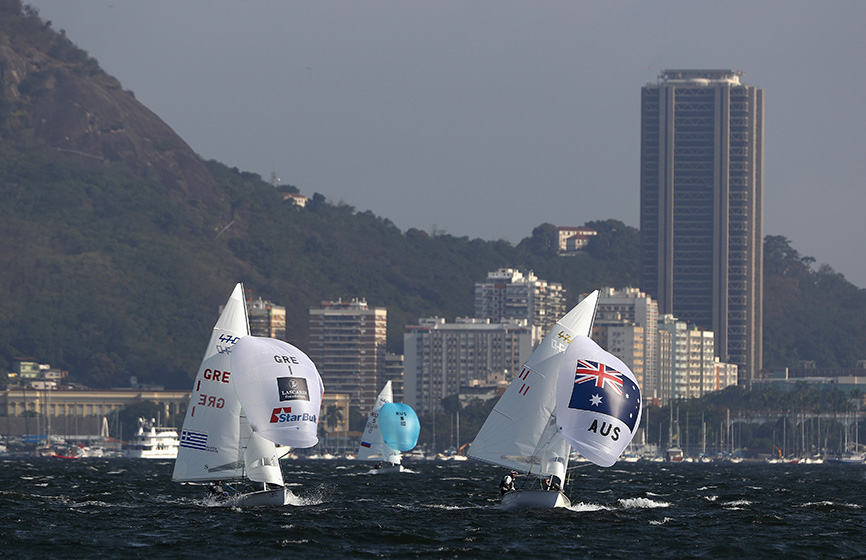





Comments